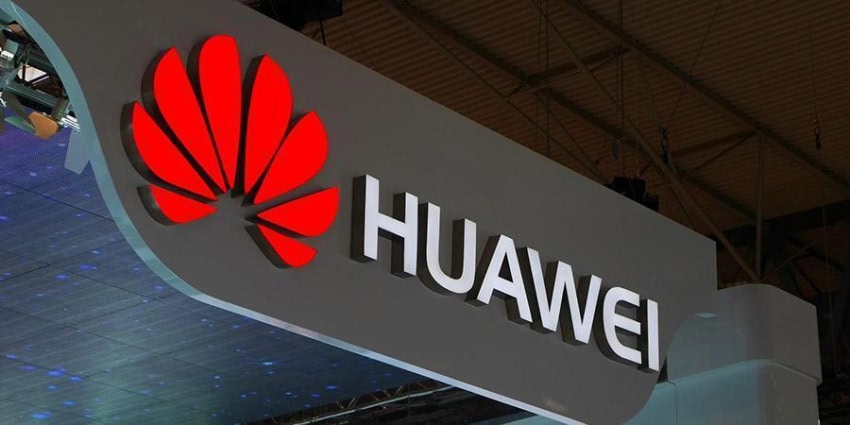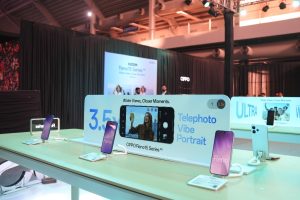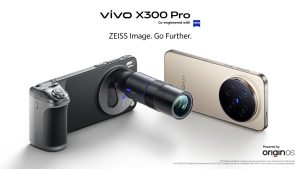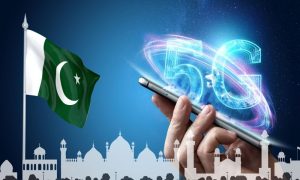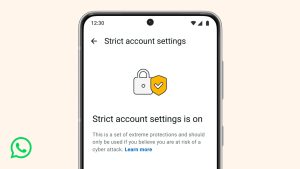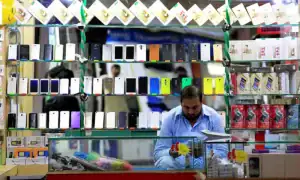WASHINGTON – Six top US intelligence officials have reportedly warned US citizens not to use smartphones from Chinese tech giants Huawei and ZTE as they think that Chinese government is spying over them through these technologies, considering it a potential threat to the US national security.
The heads of CIA, FBI, NSA and the director of national intelligence expressed these concerns during a Senate Intelligence Committee hearing late on Tuesday, reported CNBC.
“We’re deeply concerned about the risks of allowing any company or entity that is beholden to foreign governments that don’t share our values to gain positions of power inside our telecommunications networks,” FBI Director Chris Wray was quoted as saying.
“It provides the capacity to maliciously modify or steal information. And it provides the capacity to conduct undetected espionage,” Wray added.
Huawei responded to the concerns in a statement to CNBC, saying the company was aware of a range of US government activities seemingly aimed at inhibiting Huawei’s business in the US market.
“Huawei is trusted by governments and customers in 170 countries worldwide and poses no greater cybersecurity risk than any ICT vendor, sharing as we do common global supply chains and production capabilities,” the company said.
According to The Verge, Huawei is trying to sell the ‘Mate 10 Pro’ device unlocked in the US but “the effort seems to have pushed the company to desperate measures – including getting users to write fake reviews for the handset”.
US lawmakers are currently considering a bill that would ban government employees from using Huawei and ZTE smartphones.
“The focus of my concern is … Chinese telecoms like Huawei and ZTE … are widely understood to have extraordinary ties to the Chinese government,” Republican Senator Richard Burr, Chairman of the Senate Intelligence Committee, was quoted as saying.
The US officially banned Huawei products biding for US government contracts in 2014.
Previously, Huawei decided to launch its new Mate 10 pro-flagship in the US through a partnership with AT&T but the deal pulled off at the last minutes due to government’s pressure.

